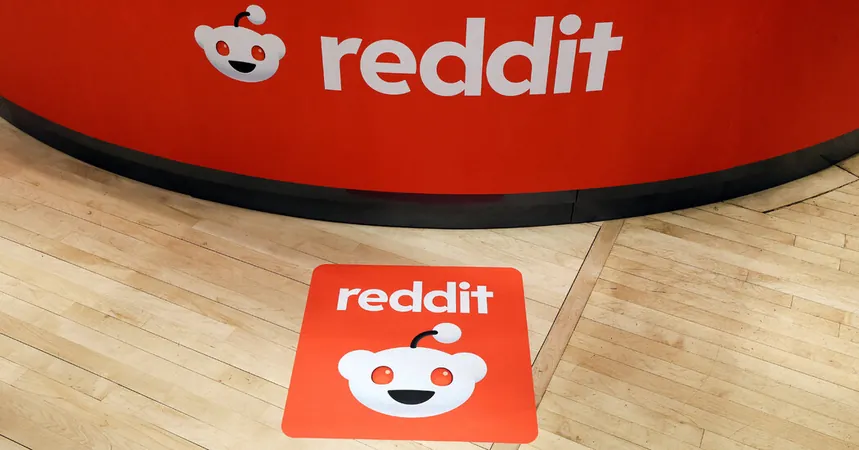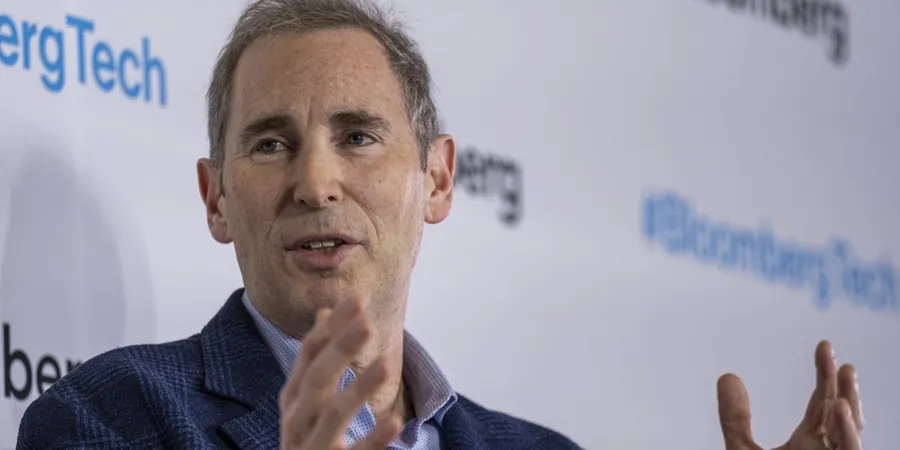
Comcast Takes Bold Step: Spinning Off Cable TV Networks in Response to Streaming Dominance
2024-11-20
Author: Ken Lee
Comcast's Strategic Move
In a significant move that could reshape the media landscape, Comcast, the U.S. media conglomerate, is poised to spin off its NBCUniversal cable television division as a direct response to the growing challenge posed by streaming titans like Netflix and Amazon Prime. This strategic decision is expected to be officially announced soon and could mark a turning point for traditional media companies struggling to retain viewers.
Robust Portfolio of Channels
The new company formed from this spinoff will contain a robust portfolio of channels including MSNBC, CNBC, USA, E!, Syfy, and the Golf Channel, all of which, despite the industry's turmoil, remain profitable. Collectively, these networks reported a remarkable revenue of $7 billion (£5.5 billion) in the last fiscal year, showcasing their potential even amidst evolving viewing habits.
Balanced Approach to Media
Importantly, Comcast has no plans to divest its NBC broadcast network, its extensive library of film and television content, or its popular theme parks. The Peacock streaming service will also remain under Comcast's umbrella, indicating a balanced approach to both traditional and digital media.
Leadership and Future Prospects
Executives envision that the spin-off could be finalized within the next year, with hopes that it will position Comcast for enhanced growth opportunities. They anticipate that the newly formed company, led by Mark Lazarus, the current chairman of NBCUniversal’s media group, will be agile enough to acquire other cable networks that might emerge on the market in the near future.
Industry Context and Challenges
This pivotal decision was hinted at by Comcast president Michael Cavanagh during an investor call, suggesting an ambitious strategy aimed at creating a stronger, well-capitalized entity from their extensive cable assets. The shifting dynamics of viewership have been stark; as consumers move away from cable subscriptions towards more flexible streaming models, the traditional model faces unprecedented challenges.
Historic Decision
Comcast's move is historic, being the first of its kind among major media corporations. Earlier this year, Warner Bros and Paramount Global wrote down billions in valuations for their cable networks, while Disney considered a spinoff of its own networks but chose to abandon the idea.
Conclusion and Future Implications
As the media landscape continues to evolve with the relentless rise of streaming services, Comcast's bold maneuver is a testament to the pressures of modernization and reflects the broader trends reshaping viewer consumption habits. The industry will be watching closely as this transition unfolds, making it a critical moment for both Comcast and the future of cable television. Stay tuned as this story develops—could this be the beginning of the end for traditional cable TV?




 Brasil (PT)
Brasil (PT)
 Canada (EN)
Canada (EN)
 Chile (ES)
Chile (ES)
 España (ES)
España (ES)
 France (FR)
France (FR)
 Hong Kong (EN)
Hong Kong (EN)
 Italia (IT)
Italia (IT)
 日本 (JA)
日本 (JA)
 Magyarország (HU)
Magyarország (HU)
 Norge (NO)
Norge (NO)
 Polska (PL)
Polska (PL)
 Schweiz (DE)
Schweiz (DE)
 Singapore (EN)
Singapore (EN)
 Sverige (SV)
Sverige (SV)
 Suomi (FI)
Suomi (FI)
 Türkiye (TR)
Türkiye (TR)